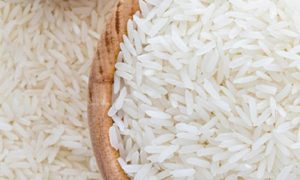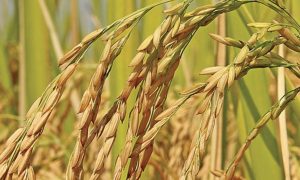India’s rice export ban to hurt millions globally. These countries will be the worst hit

India’s rice export ban could ripple across global rice markets — and millions are expected to be impacted, with Asian and African consumers set to bear the biggest brunt.
India, the world’s largest rice exporter, banned the exports of non-basmati white rice on Jul. 20, as the government sought to tame surging domestic food prices and “ensure adequate domestic availability at reasonable prices.”
The country accounts for more than 40% of the global rice trade.
“Malaysia appears to be the most vulnerable according to our analysis,” Barclays said in a recent report, highlighting the country’s sizable reliance on Indian rice.
“It imports a substantial portion of its rice supply, and India accounts for a relatively large share of its rice imports,” the analysts wrote.
Singapore is likely to be affected as well, with the report showing that India makes up around 30% of the city state’s rice imports.
However, Barclays noted that Singapore is largely dependent on imports of food in general, not just rice. The country is currently in the midst of seeking exemptions from India’s ban.
Rice prices are at decade-high
Rice prices are currently hovering at decade highs, with El Nino putting further risks on global production in other major Asian rice producers such as Thailand, Pakistan and Vietnam.
Barclays pointed out that Philippines would be the “most exposed to a rise in global rice prices,” given how the weighting of rice is highest in the country’s CPI basket. However, a large bulk of the Southeast Asian nation’s rice imports comes from Vietnam.
Other affected regions
Asia is not the only region hit by India’s rice export ban, many African and Middle East nations are also vulnerable.
The markets highly exposed to India’s export restrictions are concentrated in Sub-Saharan Africa and in the Middle East and North Africa (MENA) region, said BMI, a Fitch Solutions research unit. The firm cited Djibouti, Liberia, Qatar, the Gambia, and Kuwait as being the “most exposed.”
India’s withdrawal of non-basmati white rice, comes on the heels of last September’s ban on shipments of broken rice. That means up to 40% of India’s rice exports are now offline, according to BMI forecasts.















